
Political tensions between NATO members and Russia have caused Poland and other member states along with Finland, Estonia Latvia and Lithuania to evaluate their position within the Ottawa Convention which bans all forms of anti-personnel landmine activities. Global disarmament efforts face significant changes which make experts worry about an upcoming increase in landmine utilization.
-
The intensifying political tensions with Russia between NATO member states including Poland and five other Baltic states push them towards considering departure from the Ottawa Convention's prohibitions on anti-personnel landmine operations, production and storage.
What is Ottawa Convention, or Anti-Personnel Mine Ban Treaty?
-
The Anti-Personnel Mine Ban Treaty known as the Ottawa Convention started operating worldwide in 1999 after its adoption during 1997 to stop the worldwide humanitarian disaster caused by landmines.
-
Some NATO member states express strategic worries which could threaten the land mine reduction achieved by this treaty.
Key Highlights
Background of the Ottawa Convention
-
Concluded: 18 September 1997 (Oslo), Opened for signature in Ottawa (December 1997).
-
Entered into Force: 1 March 1999.
-
Objective: The aim of this agreement is to prohibit all nations from using anti-personnel mines along with prohibiting stockpiling plus producing and transferring these weapons.
-
Signatories: Over 160 countries. The five major states that did not sign up for the Ottawa Convention include Russia along with US and China as well as India and Israel.
Humanitarian Impact and Achievements
-
Over 40 million stockpiled mines were destroyed.
-
Drastic reduction in global landmine production and deployment.
-
The number of casualties decreased substantially and nation states strengthened their national mine action capabilities.
Victim Assistance
-
The administration must prioritize survivor rehabilitation and their return to the community as part of their assistance program.
-
The initiative works to support victim care programs within standard disability rights frameworks.
-
Development of community risk-reduction and awareness tools.
Recent Challenges and Withdrawals
-
Countries within NATO that will end their support for the international mine ban treaty include Poland along with Finland and Estonia together with Latvia and Lithuania.
-
The perceived Russian danger combined with military realignment requirements constitute the main drivers behind this decision.
-
The Norwegian government stays dedicated to the Convention because it views international landmine norms as essential to support.
Impact on Global Demining Efforts
-
During the administration of Donald Trump the United States dropped its leading position as a demining fund provider.
-
Some demining organizations have restarted their activities during March 2024 although their operating details remain unclear.
Civilian Casualties and Urgency
-
The International Committee of the Red Cross reports that landmine victims primarily consist of civilians exceeding 80 percent.
-
The ongoing conflict has turned Ukraine into the nation with the most extensive land mine contamination worldwide.
-
A critical situation demands international societies to actively prioritize soil de-mining operations and humanitarian relief programs.
Conclusion
NATO countries appear set to withdraw from the Ottawa Convention which creates an active conflict between military requirements and humanitarian obligations. Reintroducing anti-personnel mines would produce harsh continued effects which endanger civilian communities in the long run. During geopolitical shifts the world requires international diplomatic action to protect disarmament rule systems alongside maintaining regional security while preserving worldwide humanitarian values.



 Blue Origin's First All-Women Crew Returns After Historic Space Launch
Blue Origin's First All-Women Crew Returns After Historic Space Launch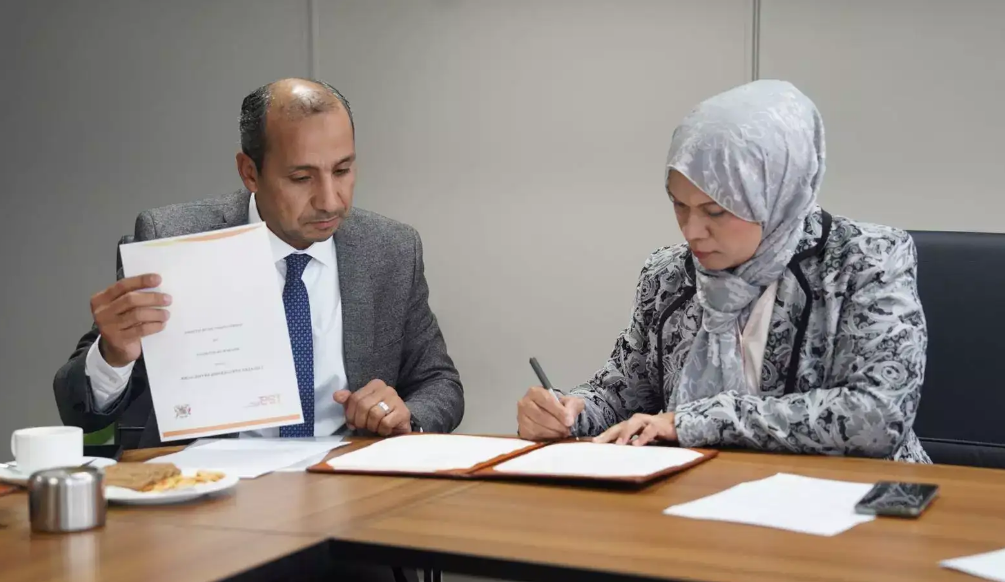 Mauritius Becomes First African Nation to Sign ISA’s Country Partnership Framework 2025
Mauritius Becomes First African Nation to Sign ISA’s Country Partnership Framework 2025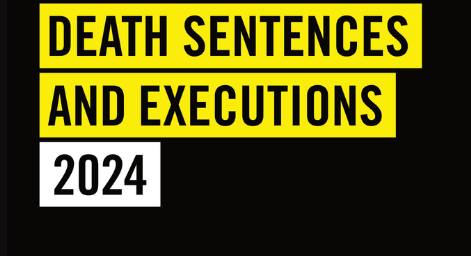 Amnesty International's Death Sentences and Executions 2024
Amnesty International's Death Sentences and Executions 2024 De-Extinction of Dire Wolf: Scientists Revive Ancient Predator Using DNA
De-Extinction of Dire Wolf: Scientists Revive Ancient Predator Using DNA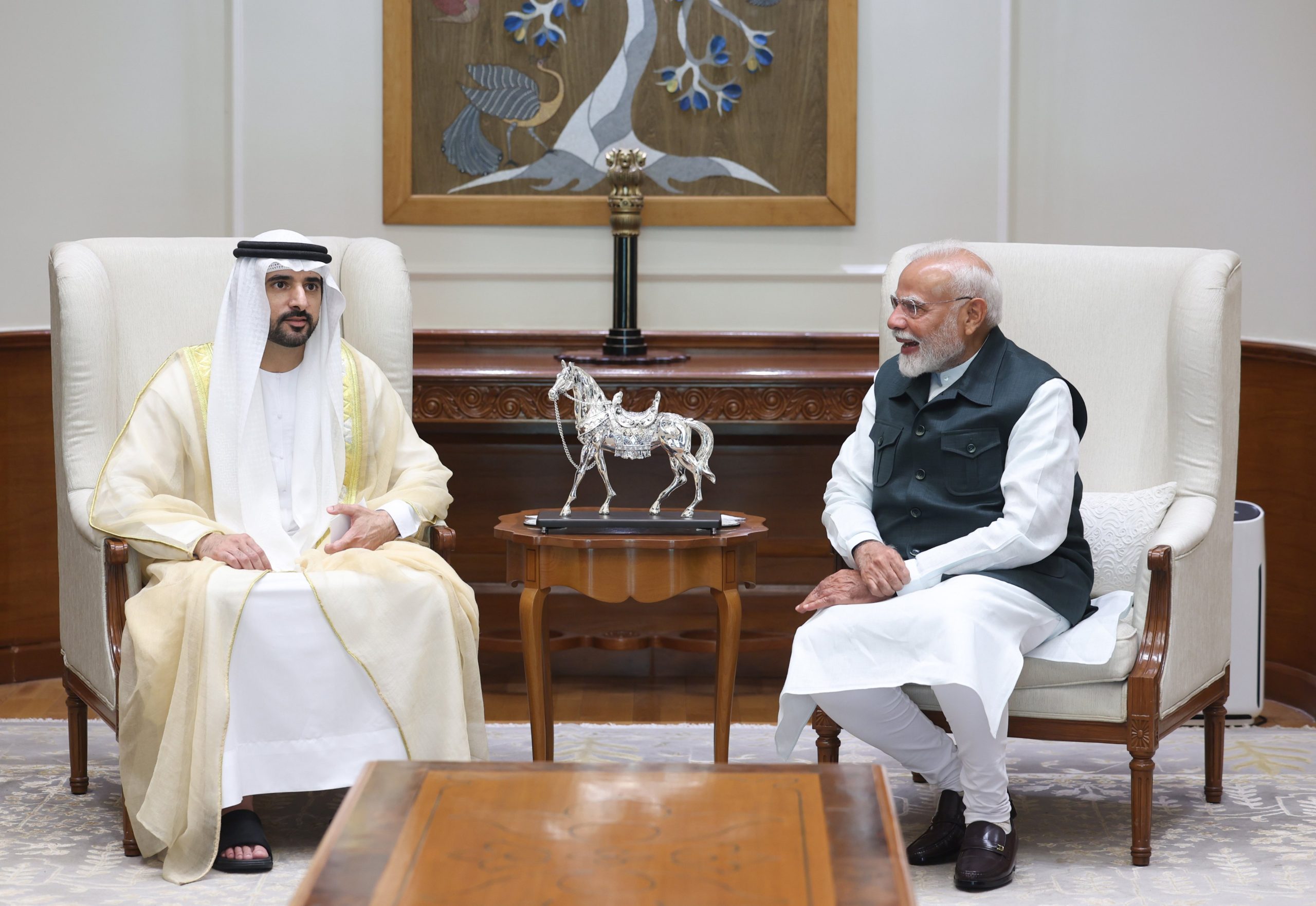 Dubai Crown Prince Visit Boosts India-UAE Strategic, Trade, and Education Ties
Dubai Crown Prince Visit Boosts India-UAE Strategic, Trade, and Education Ties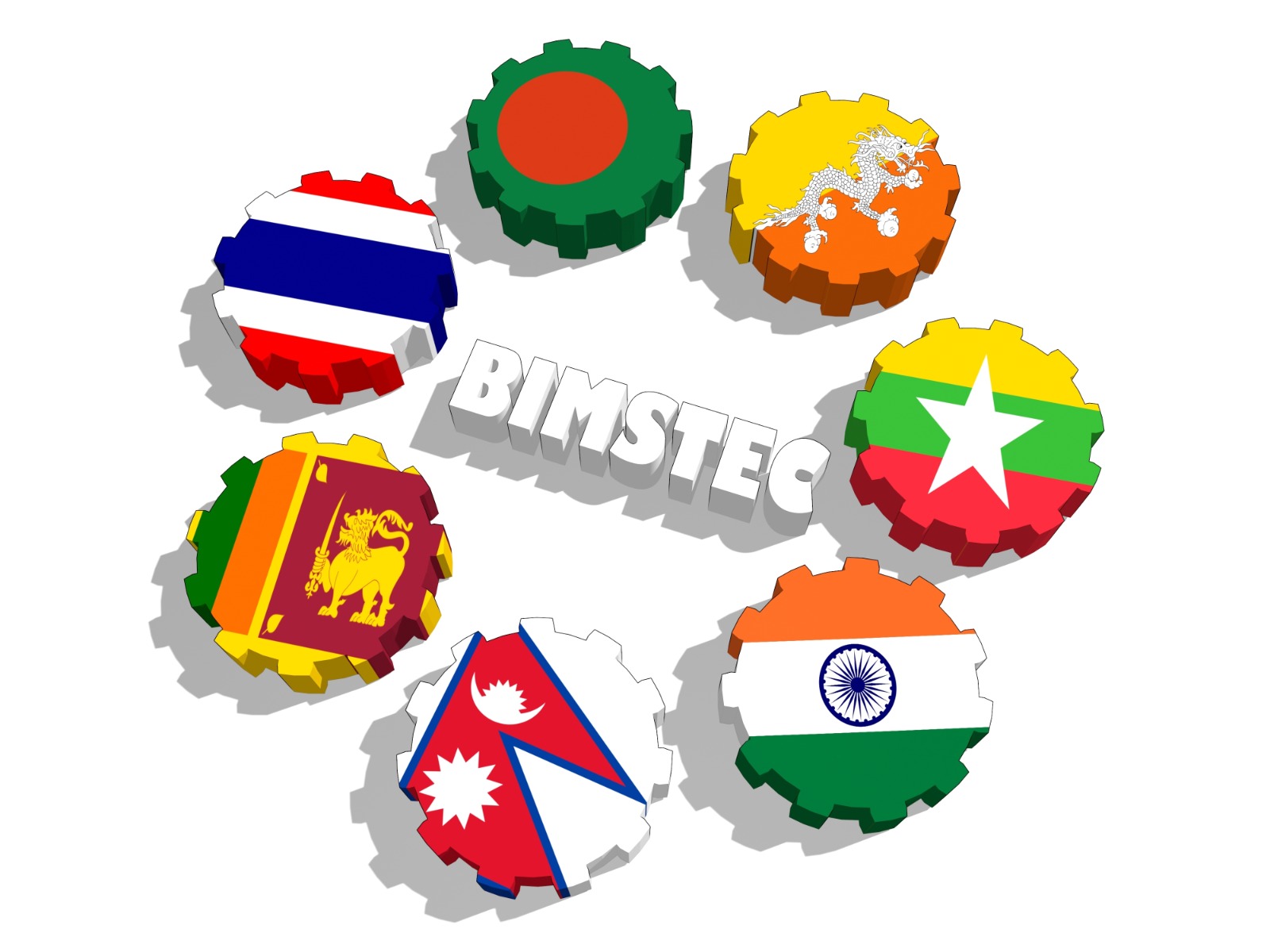 6th BIMSTEC Summit: Advancing Regional Cooperation in the Bay of Bengal
6th BIMSTEC Summit: Advancing Regional Cooperation in the Bay of Bengal India-Sri Lanka Sign Historic Defense Pacts For The Future
India-Sri Lanka Sign Historic Defense Pacts For The Future India Urges BRICS to Back ‘Baku to Belem Roadmap’ for $1.3 Trillion Climate Finance
India Urges BRICS to Back ‘Baku to Belem Roadmap’ for $1.3 Trillion Climate Finance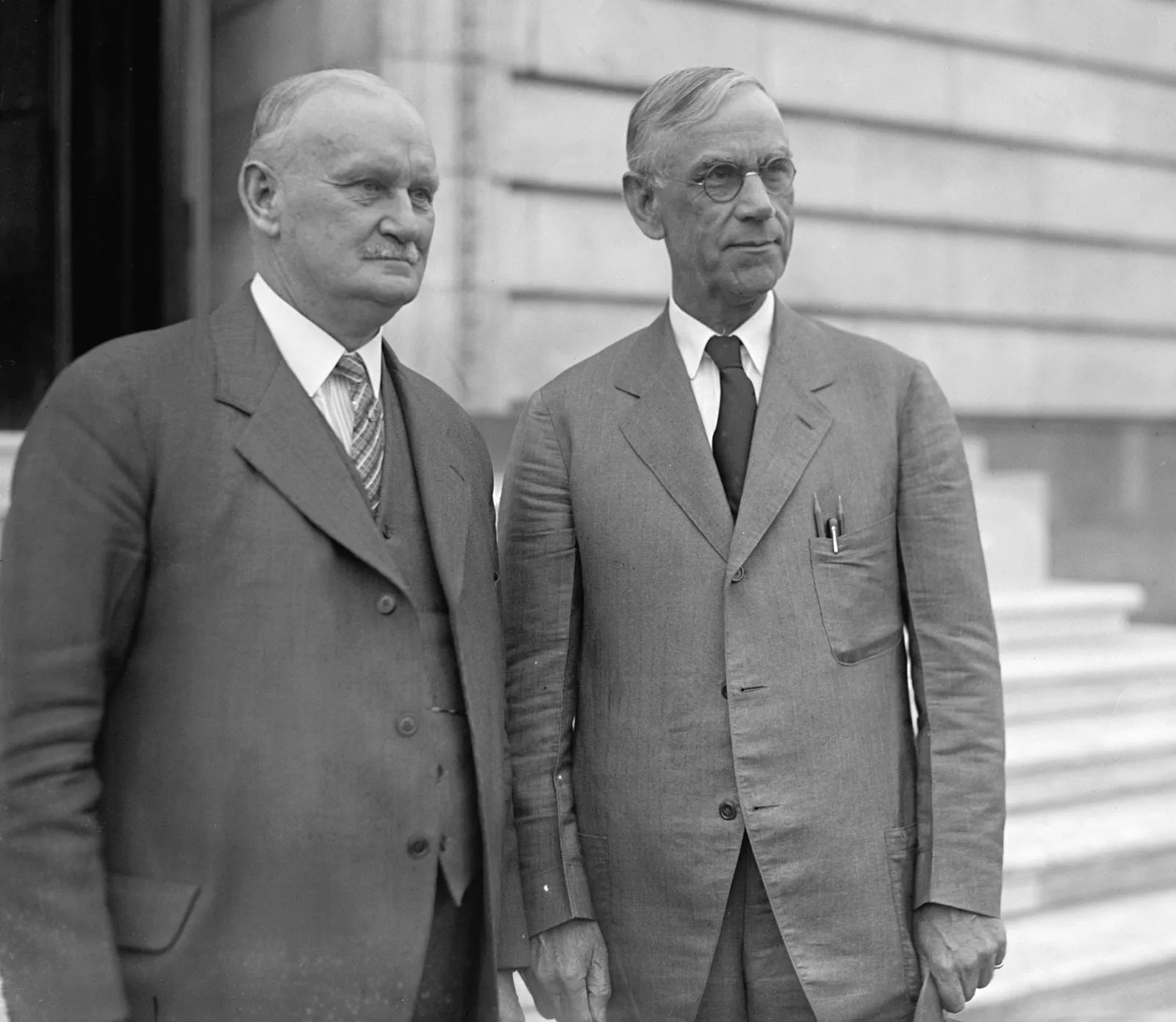 Recalling the Smoot-Hawley Tariff Act: A Catalyst for the Great Depression
Recalling the Smoot-Hawley Tariff Act: A Catalyst for the Great Depression






